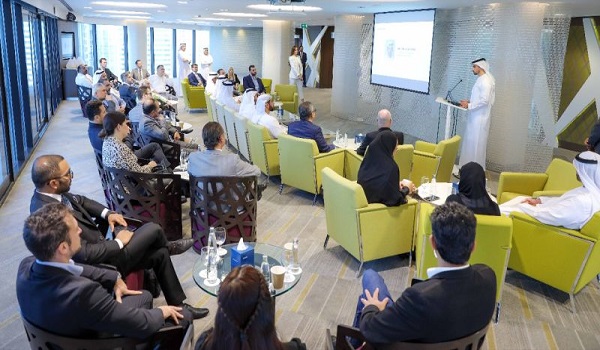Indian fast-moving consumer goods (FMCG) companies are setting their sights on Dubai as a strategic hub for global expansion, according to Ashraf A. Mahate, the chief economist for trade and export development in the Dubai government.
Mahate highlighted Dubai’s attractive features, such as top-notch infrastructure, robust port and airport connectivity, and numerous trade agreements with various countries. He emphasized that establishing a base in Dubai could be immensely beneficial for Indian FMCG firms aiming to access markets in the Middle East, Africa, and Europe.
Despite India’s production-linked incentive (PLI) for the food processing industry, Mahate pointed out Dubai’s advantages in export and re-export infrastructure, potentially offering cost and time savings for Indian companies. He stressed that leveraging Dubai’s logistics capabilities could substantially reduce export costs, particularly with the potential to add value to products within the UAE and benefit from trade agreements signed by the country.
Mahate noted that Indian pharmaceutical companies already utilize Dubai as a base for exports to Africa, indicating the city’s viability as a launchpad for global trade.
Also, Mahate mentioned that Indian companies are exploring both manufacturing setups with local value addition and re-exporting commodities and other FMCG products from Dubai. He highlighted the significance of the India-UAE Comprehensive Economic Partnership Agreement (CEPA), which facilitates sourcing raw materials from India at zero duties.
Dubai’s existing linkages for raw materials, exemplified by its large sugar refinery despite limited local sugarcane production, underscore its appeal as a manufacturing and export destination. Mahate also mentioned the presence of global players like Unilever, which operates significant manufacturing facilities in Dubai.
Already, Himalaya Wellness is gearing up to establish a plant in Dubai Industrial City, a move expected to commence operations by the end of 2024. According to Saud Abu Al Shawareb, executive vice president of Dubai Industrial City, new investors, including Indian-owned businesses like the IFFCO Group, are eyeing export opportunities and domestic market expansion in Dubai.
The focus on manufacturing is aligned with Dubai’s Economic Agenda D33, aiming to double GDP and foreign trade by 2033. With manufacturing currently accounting for 9% of Dubai’s economy, efforts to bolster this sector reflect the city’s commitment to economic diversification and global trade expansion.


